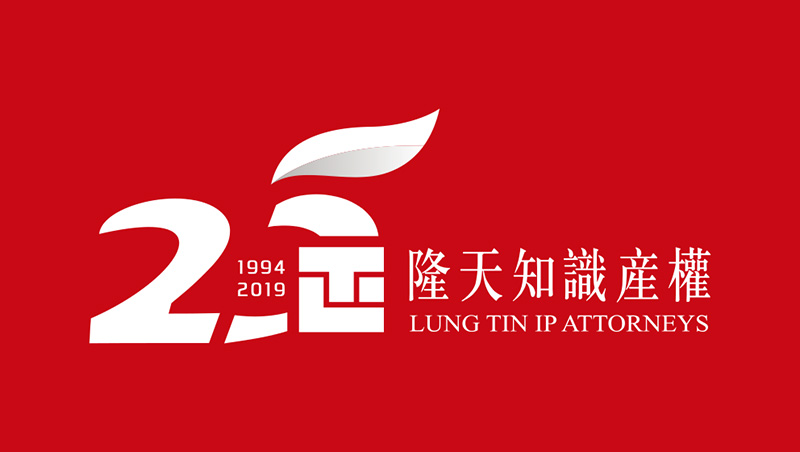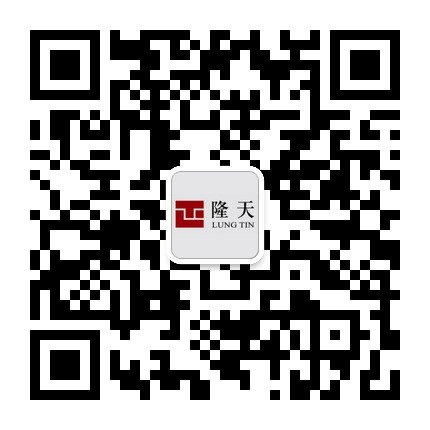On April 26, 2021, Guangdong higher people's court second trial adjourned the DE surplus trading (Shenzhen) co., LTD. (hereinafter referred to as company) v. Hangzhou hardened walnut culture planning co., LTD. (hereinafter referred to as hard pecan company), Shenzhen high meaning beauty Chen space technology co., LTD. (hereinafter referred to as "meaning beauty company Chen) the ownership, copyright infringement cases, After hearing the trial, the court thought that "walnut duckling" and "B. Duck" did not constitute substantially similar, hard walnut company did not constitute copyright infringement, the judgment rejected the appeal and maintained the original judgment.
"B.Duck", also known as "little yellow duck", is a design image created by Hong Kong product design company Suncor in 2005. Later, it has been applied to different product categories, and its image has been widely welcomed by the public in China, Japan and other places. Deying Company is the licensed user of Suncor's works in mainland China.
The rights of the related image of "Walnut Duckling" are Xiguan Company. In July 2017, Hard Walnut commissioned designers to create "Walnut Duckling" based on it.
In June 2019, Hard Walnut Company authorized Goyi-Mei-Chen Company to hold the "Walnut Duckling Authorization Exhibition" in Donghui City, Maoming, Guangdong Province. Deying Company filed a lawsuit to the court, requesting that Hard Walnut Company and Gaoyi Meichen Company stop infringing the copyright of "B.Duck" art works and compensate for the loss of 500,000 yuan.
After the trial, the court of first instance held that the front, back and side of "B.Duck" and "Walnut Duckling" had obvious differences in visual effects, design elements and design concepts, and the two were not substantially similar works. The "Walnut Duckling Theme Authorization Exhibition" held by Hard Walnut Company and Gaoyi Meichen Company does not constitute infringement, and Deying Company's claim for compensation has no legal basis. The judgment rejects Deying Company's claim.
Deying company refused to accept, filed an appeal. The second instance court ruled against the appeal and upheld the original judgment.


